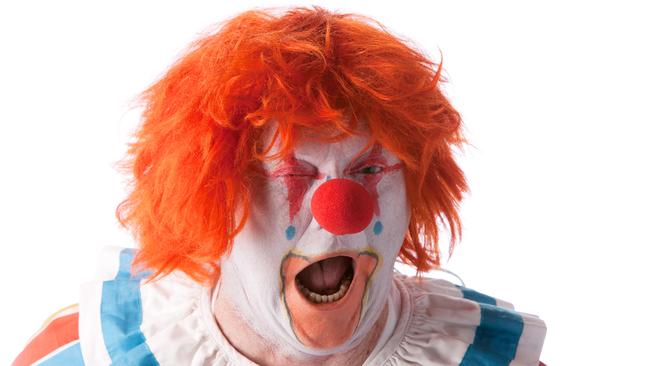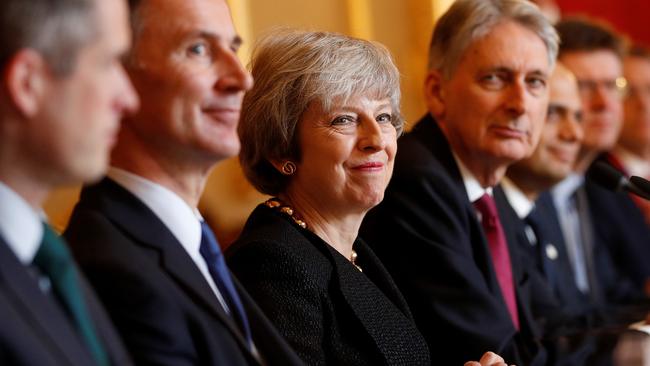It’s not funny when politicians are compared to us, clowns say
Describing politicians as a bunch of clowns is deeply offensive to clowns, circus performers have said.

Their Brexit negotiations may have seemed chaotic and, at times, farcical, but describing Britain’s politicians as a bunch of clowns is deeply offensive … to clowns.
David Konyot, an award-winning big top performer, has said that he and his fellow circus entertainers are angered when people say that the politicians in charge of the country’s are like clowns.
He explained that real circus performers must be extremely organised and well prepared and could probably have done a better job of negotiating Brexit than the various factions arguing over the process.
Mr Konyot, 71, a former co-chairman of the Association of Independent Showmen and former chief clown with Zippos circus, said: “Over the past 20 years, they’ve started using the word ‘circus’ to describe a chaotic political mess. You couldn’t find anything further from a mess.
“A circus relies on 100 per cent co-operation and teamwork, it relies on everybody knowing their job and doing it. You look at the 40-odd big circuses in England alone. They have to pull down the big tent, the seating structure, couple up the transport, move it up to 100 miles, build it all back up again and put on a show.”
Mr Konyot, who lives in Norfolk, said that in 1906 the US military contacted Barnum & Bailey’s circus to say that an army quartermaster would accompany them to learn “up to date methods of moving men, animals and baggage”.

Referring to an article that mentioned “Brexit clowns”, he said: “We are artists and performers. None of this is taken into account when they say ‘these Brexit clowns’. If circuses and clowns had organised Brexit we would have had it done two years ago. It’s insulting and very offensive to circus people.”
Mr Konyot said his family had been involved in circuses and show business for more than 300 years. He performed in the West End of London before returning to the circus in the 1970s, going on to be named Britain’s best comedy clown act on four occasions.
He said clowns had developed a bad reputation — and the creation of the term “coulrophobia” to describe a fear of clowns — in part due to the exaggerated make-up used in the past to make facial expressions visible to large crowds. Improved lighting had reduced the need for so much “bloody uncomfortable” make-up, he said, adding: “Thank goodness for modern lighting, so we don’t have to do it.”
— The Times


